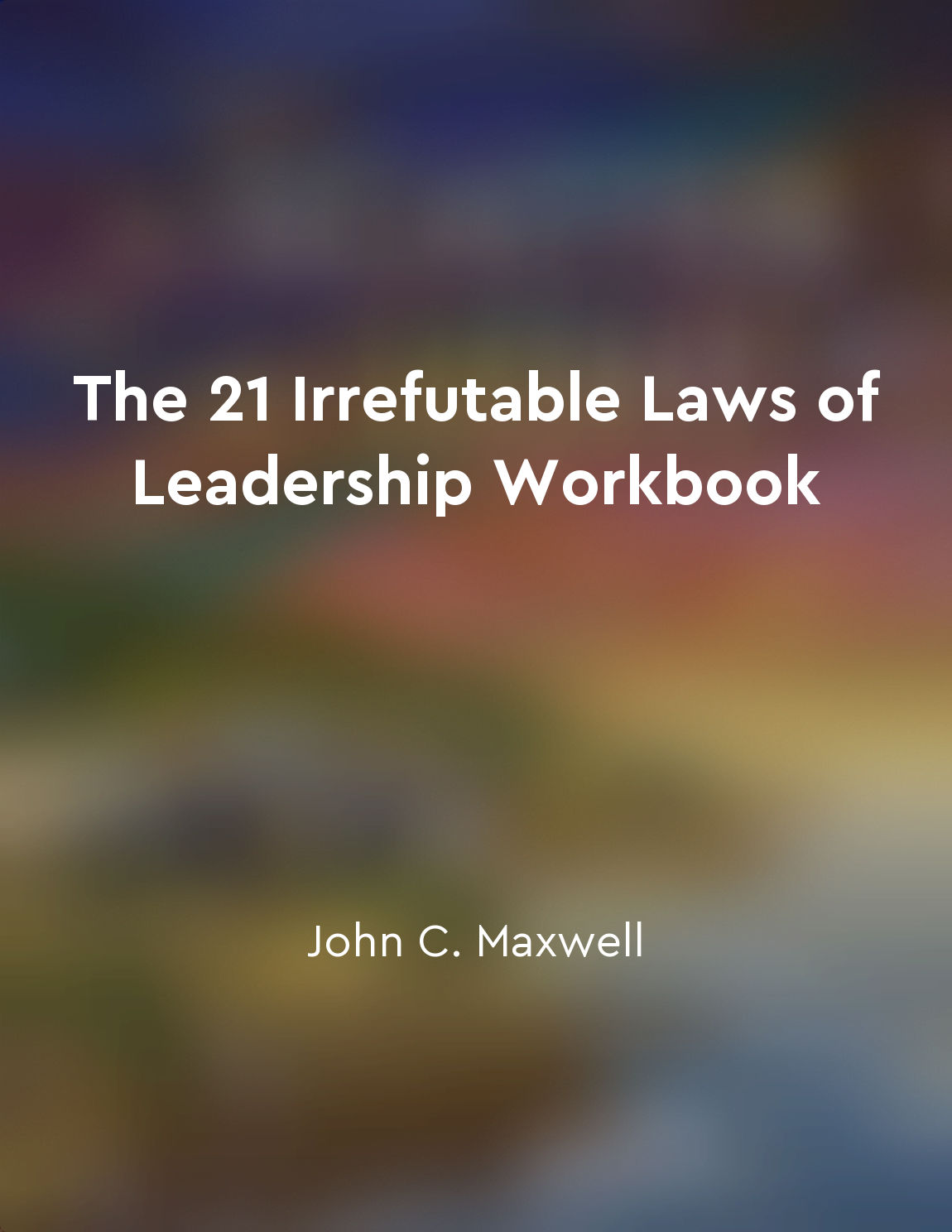Audio available in app
Prime Minister and Council of Ministers from "summary" of Indian Polity by M. Laxmikanth
The Prime Minister is the head of the Council of Ministers. He is appointed by the President and holds office as long as he enjoys the confidence of the majority in the Lok Sabha. The Prime Minister is the leader of the majority party in the Lok Sabha. He recommends to the President the names of other members of the Council of Ministers. The President appoints them on the advice of the Prime Minister. The Council of Ministers is collectively responsible to the Lok Sabha. The Council of Ministers is the real executive. It is the Council of Ministers that aids and advises the President in the exercise of his functions. The Council of Ministers is responsible to the Lok Sabha. Each minister is individually responsible to the Lok Sabha. The Lok Sabha can remove the Council of Ministers by passing a vote of no-confidence. The Council of Ministers is divided into different categories. There are three categories of ministers in the Council of Ministers. These categories are Cabinet Ministers, Ministers of State, and Deputy Ministers. The Cabinet is the inner core of the Council of Ministers. The Cabinet is the most important decision-making body. It is the Cabinet that takes major policy decisions. The size of the Council of Ministers is determined by the Prime Minister. The size of the Council of Ministers should not exceed 15% of the total number of members in the Lok Sabha. The Council of Ministers should be a representative body. It should represent different regions, communities, and interests. It should reflect the diversity of India. The Council of Ministers plays a vital role in the governance of the country. It formulates policies and takes major decisions. It is responsible for the administration of the country. The Council of Ministers is accountable to the Parliament. The Council of Ministers is accountable to the people.Similar Posts

The Law of Sacrifice underscores the importance of giving up to go up in leadership
The Law of Sacrifice teaches us that leadership comes with a price. To go up in leadership, we must be willing to give up somet...
Democracy is a responsibility that must be taken seriously
The notion of democracy as a responsibility is a weighty one, demanding serious attention and dedication from citizens. It is n...
National security objectives
National security objectives are the fundamental goals that a nation seeks to achieve in order to safeguard its sovereignty, te...
Democracy requires a commitment to dialogue and understanding
The foundation of democracy lies in our willingness to engage in dialogue with one another, to truly listen and seek to underst...
Without a sovereign authority, life would be "solitary, poor, nasty, brutish, and short."
In the absence of a sovereign authority, individuals are left to their own devices, creating a state of nature that is characte...

Solidarity and empathy help us build a more inclusive society
Solidarity and empathy are powerful tools that can help us create a society where everyone feels included and valued. When we s...
Cultural heritage of India
The cultural heritage of India is a vast and diverse tapestry, woven together over thousands of years through the contributions...
The Parliament is the supreme legislative body
The Constitution of India establishes the Parliament as the highest authority in the land when it comes to making laws. This me...
The Constitution protects minority rights
The Constitution of India, a document of paramount importance in our country, upholds the rights of minorities. It ensures that...

